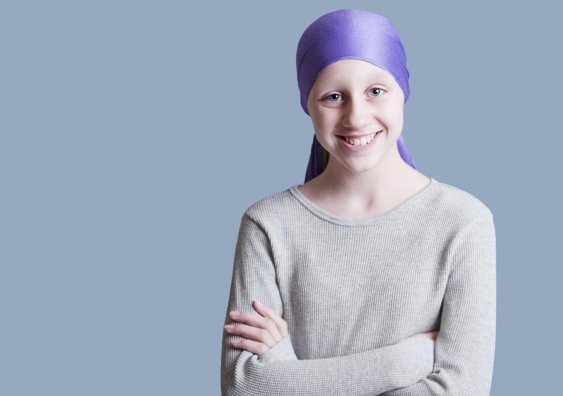Australian children with the most aggressive forms of cancer are set to benefit from a new program that will examine their unique cancer cells to help identify the drugs most likely to kill their specific cancer.
The Zero Childhood Cancer program will see scientists teaming up with doctors from the Sydney Children’s Hospital to develop treatment plans specifically tailored to each child’s individual disease.
The program is being led by UNSW Conjoint Professors Michelle Haber AM and Glenn Marshall from the Children's Cancer Institute, which is based at UNSW's Lowy Cancer Research Centre.
Of the 950 children diagnosed with cancer each year in Australia, 150 are either diagnosed with cancer types that have less than a 30% survival rate, or suffer relapse and then have less than a 30% chance of cure. It is these children, including those suffering from childhood brain tumours, sarcomas, infant leukaemias and neuroblastomas, who will benefit from the Zero Childhood Cancer Program.
In the first stage of the program, scientists and doctors will open a pilot study to high risk NSW cancer patients in 2016. Following successful completion of the pilot study, a national clinical trial involving 120 children will open in 2017. When fully implemented, the program will be offered to children throughout Australia who are at highest risk of relapse or treatment failure.
“This is a very exciting initiative that will revolutionise the way in which treatment decisions about childhood cancer will be made,” Children’s Cancer Institute’s Executive Director Professor Haber said.
“The challenge in curing every child is that each child’s cancer is unique, which means they respond differently to anti-cancer treatment.”
“As this prsonalised medicine program is implemented, and as we gather more information, we will hopefully get better and better at identifying the most effective treatment for each child’s cancer.”
“We see this as a key step towards our vision of one day helping to cure 100% of children with cancer,” Professor Haber said.
The Zero Childhood Cancer program will collaborate with major research centres in the United States and Europe.
It is anticipated that total funding required for the Zero Childhood Cancer Program over the next six years will be more than $40 million. Initial funding has been received from the Federal government funded CRC for Cancer Therapeutics and also from the NSW state government for infrastructure.
In addition, support has been committed by several funding partners including Australian Cancer Research Foundation, Cure Brain Cancer Foundation, The Kids Cancer Project and The University of New South Wales, Australia.
Read more on the Children's Cancer Institute's website.


